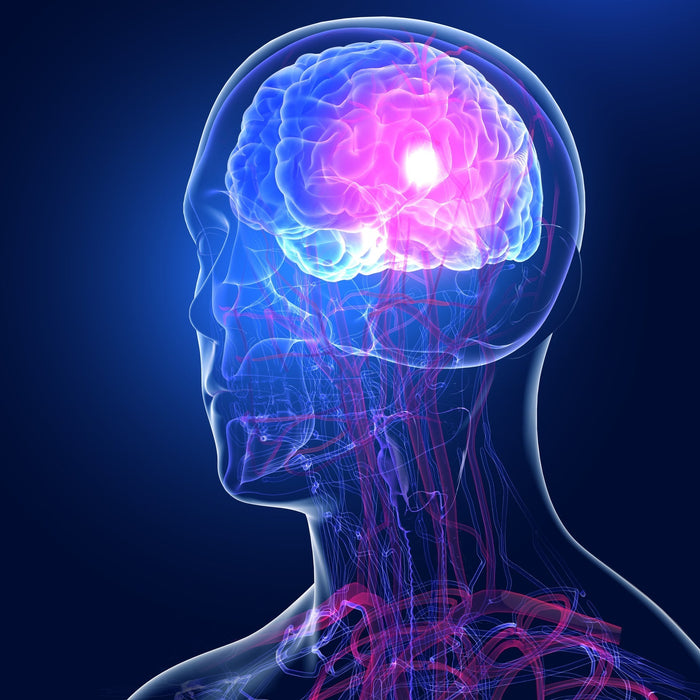Nowadays, there are many myths and assumptions about the benefits of omega-3 fatty acids. They are said to prevent cardiovascular disease, alleviate depression and even help fight cancer, strokes and Alzheimer's disease. But how much truth is there behind these claims? The YouTube channel "Dr. Julia Fischer" tackles this question and sheds light on the background to the omega-3 hype.
Omega-3 fatty acids are essential fats that the body cannot produce itself. They support cell function, promote heart health and are involved in the development of nerve and brain function. Among the most important omega-3 fatty acids include
- ALA (α-linolenic acid): Found in plant sources such as linseed oil, chia seeds and walnuts.
- EPA and DHA: Mainly found in fatty fish (e.g. salmon, sardines) and algae.
The belief that omega-3 fatty acids perform true miracles goes back to scientific observations made in the 1970s. Researchers found that the Inuit on Greenland, who ate a diet rich in sea creatures, appeared to have fewer cardiovascular diseases. This theory was later refuted, the myth surrounding omega-3 persisted, however.
Today the market is full of omega-3 productsfrom Fish oil capsules up to algae oils. The promises are great, but scientific studies show a sobering picture. According to a Cochrane analysis from 2020, the health benefits are low. In order to prevent a heart attack, over 160 people would have to take Omega-3 supplements for years for one person to benefit.

Risks associated with high doses
High doses can omega-3 preparations can even be harmful. A daily dose of more than one gram increases the risk of cardiac arrhythmia and bleeding. The German Federal Agency for Risk Assessment therefore recommends not taking more than 1.5 grams of omega-3 per day.
Omega-6 and omega-3: The ratio counts
Another issue is the ratio of omega-6 to omega-3. omega-3 fatty acids. Our current diet often leads to an unhealthy imbalance, as we consume too much omega-6 (e.g. in sunflower oil) and too little omega-3. omega-3 in our diet. Experts recommend a ratio of 5:1 to ensure optimal utilization of both fats.
Conclusion: a healthy diet instead of supplements
The most important takeaway from the video is that for most people, a balanced diet is enough. Regular fish consumption (2-3 portions per week) and the use of omega-3-rich oils such as rapeseed oil are usually enough to cover the requirement. Supplements are usually only necessary for specific health problems.
Omega-3 fatty acids are important, but they are not a miracle cure. If you want to stay healthy, you should make sure you eat a balanced diet and get enough exercise - this is the real key to health.
Sources:
YouTube video - Omega-3: miracle cure or hot air?
istockphoto: ilona titova







Comments
Leave a comment